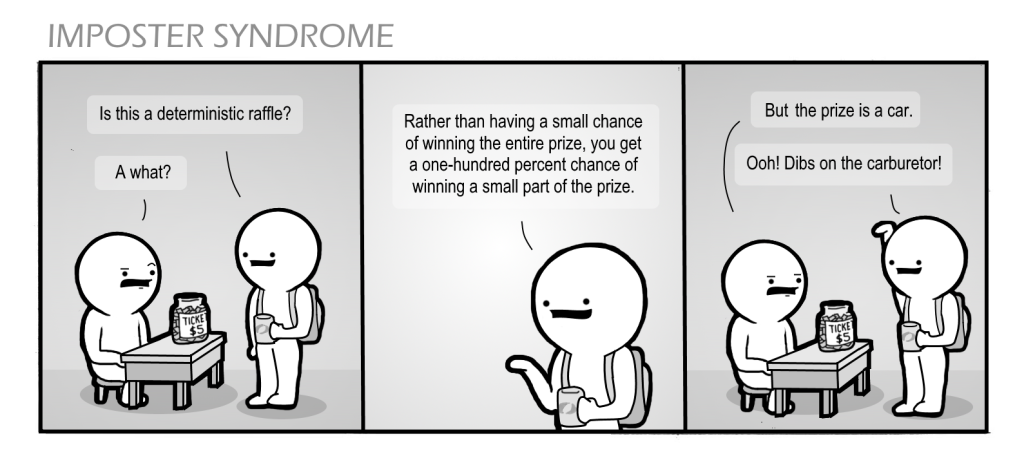As I sat in the Studenterhuset (the Danish student center) on January 20th, watching the inauguration of Donald Trump, it was silent. While I heard conversations in english here and there, the crowd was mostly Danish. All around me they stared straight ahead as the commentators spoke, hanging on to every detail. I had been in Denmark for only a week, but it was already clear that I was no further from U.S. politics than I was back in Massachusetts. It all seemed so close and yet foreign at the same time.
A few weeks later, after dinner with a Danish family, I got the question I had been warned was coming. “So, what do you think about the new president?” We sat with our coffee and discussed the ins and outs of the American election system, the political climate, and the future of the U.S. After an hour, I sheepishly asked, “So, how do elections work in Denmark?” While these two Danes had been talking about the most complex details of the entire American political system, I hadn’t the slight idea about how any of that worked in Denmark. More recently, I spoke with some of the Danes I live with in my kollegium (Danish student housing). They spoke with the all the confidence of informed citizens, but also with a understanding that it was a one way street. What happened in the U.S. had a large effect on their lives, but there was little they could do to affect it.
It feels like a strange time to study abroad. When I wake up each morning, I see a list of news notifications on my phone about what happened in Washington while I was sleeping. I too start to feel like the Danes. I read the news and listen to the radio but then I walk outside and it all seems so foreign. I get an email that says “Call your senator” at least once a day but I shake it off, thinking, “I can’t call, I don’t have an international plan” or, “Postage to the States is real expensive.” Even so, what happens in the U.S. is impossible to ignore. I have never watched a Danish prime minister inauguration. Even while living here, I have heard little discussion of Danish politics. And yet, every day the front page of the Danish newspaper is something to do with the U.S.
Last weekend I went to the Science March in Copenhagen. I couldn’t help but find it strange that this march, inspired by marches being held around the U.S., was happening so far away from where it’s impact was suppose to be felt. Countless people held signs and listened to speeches as if they were on the mall in DC. I flew across an ocean and, even here, there were people who were committed to American politics that didn’t even have a say. More committed, I’m ashamed to admit, than I have been at times.
Studying abroad at a time like this has been strange and even frustrating at times. But living in outside the U.S. has given me a new view of American politics. What happens in the U.S. does not stay in the U.S. People all around the world are watching and waiting. If a Dane can make a sign and march in the cold to send the U.S. a message from across the Atlantic, as someone that has actual power to make change, I better do a heck of alot more than just call my senator.
